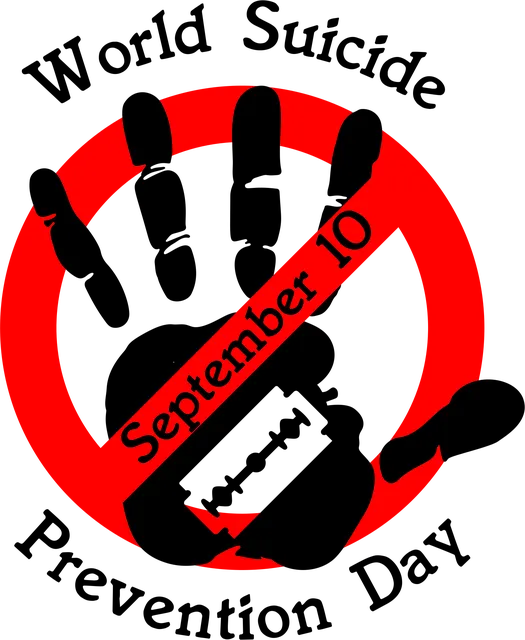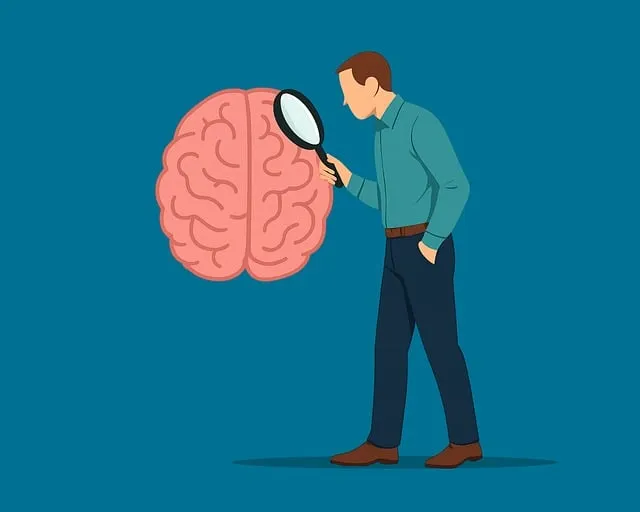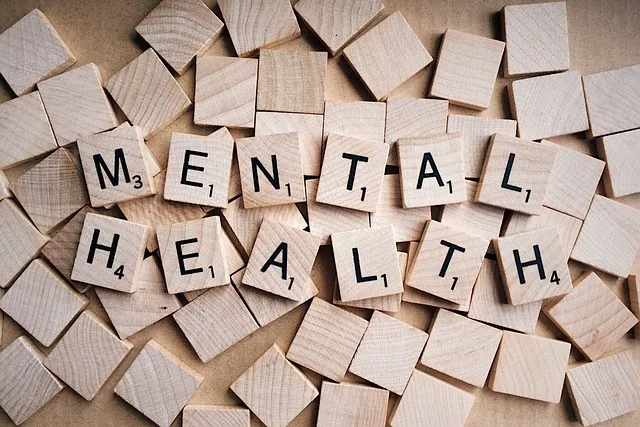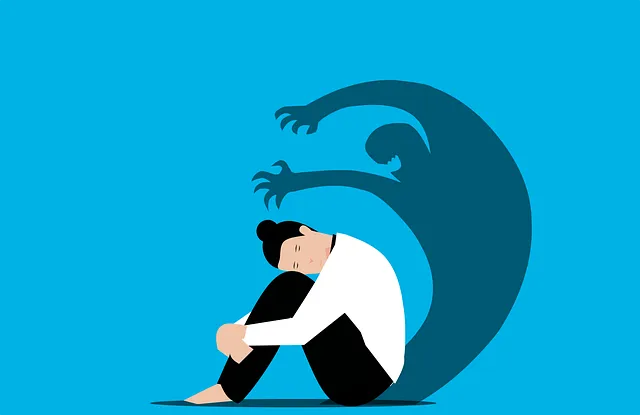Northglenn Kaiser Permanente mental health services focus on empowering individuals with effective, personalized coping skills for stress, anxiety, and diverse challenges. Through individualized therapy, workshops, and evidence-based techniques like CBT, they teach mindfulness, cognitive reframing, and self-care habits. This holistic approach, including cultural competency training, equips folks to manage triggers, build resilience, and maintain emotional well-being, improving mental health outcomes.
Coping skills are essential tools in navigating life’s challenges. This article explores the significance of these skills, highlighting the role of Northglenn Kaiser Permanente Mental Health Services in their development. We’ll delve into identifying personal stressors and triggers, offering practical strategies for effective coping skill acquisition. Learn how to integrate these skills into daily life, fostering resilience and enhancing mental well-being, with a focus on the resources available at Northglenn Kaiser Permanente.
- Understanding Coping Skills and Their Significance
- The Role of Northglenn Kaiser Permanente Mental Health Services
- Identifying Personal Stressors and Triggers
- Strategies for Effective Coping Skill Development
- Integrating Coping Skills into Daily Life
Understanding Coping Skills and Their Significance

Coping skills are the strategies we use to navigate life’s challenges and maintain our emotional well-being. They play a crucial role in managing stress, anxiety, and even traumatic events, serving as a shield against potential mental health issues. At Northglenn Kaiser Permanente mental health services, we recognize that everyone has unique coping mechanisms, and our goal is to help individuals develop resilient strategies tailored to their needs.
By fostering effective coping skills, we empower folks to confront stressors head-on. This involves teaching techniques like mindfulness practices, cognitive reframing, and healthy self-care habits. Our Trauma Support Services, including Stress Management Workshops, are designed to equip individuals with the tools needed to overcome adversity. Through these programs, participants learn not only to manage immediate stress but also to build long-lasting resilience, ensuring better mental health outcomes.
The Role of Northglenn Kaiser Permanente Mental Health Services

Northglenn Kaiser Permanente Mental Health Services plays a pivotal role in empowering individuals to enhance their coping skills and achieve optimal emotional well-being. Their comprehensive programs are designed to provide effective tools for managing stress, anxiety, and various mental health challenges. Through individual therapy sessions, clients learn personalized strategies for coping with life’s difficulties, fostering resilience, and improving overall mental health.
The services offered focus on teaching conflict resolution techniques, which are essential in navigating interpersonal relationships and everyday stressors. By equipping individuals with emotional well-being promotion techniques, the center enables them to cultivate healthy coping mechanisms, leading to improved mental fortitude. This holistic approach ensures that clients develop long-lasting skills to cope with life’s ups and downs, ultimately enhancing their overall quality of life.
Identifying Personal Stressors and Triggers

Identifying personal stressors and triggers is a crucial step in developing effective coping skills. Northglenn Kaiser Permanente mental health services emphasize self-awareness exercises as a foundation for managing stress and improving emotional well-being. By taking time to reflect on one’s thoughts, feelings, and behaviors, individuals can better understand the sources of their distress. This introspection allows for the recognition of specific triggers that may go unnoticed in the midst of daily life.
Understanding these triggers is essential for implementing stress reduction methods tailored to individual needs. Whether it’s a particular situation, person, or thought pattern, once identified, they can be approached with more awareness and coping strategies. Emotional well-being promotion techniques, such as mindfulness practices and cognitive reframing, are valuable tools in managing these stressors, enabling individuals to respond rather than react to challenging situations.
Strategies for Effective Coping Skill Development

Developing effective coping skills is a vital part of maintaining mental well-being, and Northglenn Kaiser Permanente mental health services offer valuable resources in this regard. One key strategy involves identifying personal coping mechanisms that align with individual preferences. Whether it’s engaging in physical activity to reduce stress, practicing mindfulness through meditation or deep breathing exercises, or connecting with supportive social networks, finding what works best for you is essential. Personalizing your coping toolkit allows for a more tailored and sustainable approach to managing stress and difficult emotions.
Additionally, mental health professionals can play a crucial role in teaching effective coping skills, especially when addressing underlying conditions like anxiety or depression. They often employ evidence-based techniques, such as cognitive-behavioral therapy (CBT), which focuses on identifying and changing negative thought patterns. Through regular practice, individuals learn to navigate challenging situations with enhanced resilience. The Risk Assessment for Mental Health Professionals is a valuable tool in this context, enabling practitioners to assess and address potential risks while guiding clients toward healthier coping strategies, thereby contributing to stigma reduction efforts and facilitating emotional healing processes.
Integrating Coping Skills into Daily Life

Integrating coping skills into daily life is a transformative process that empowers individuals to navigate stress and adversity with resilience. Northglenn Kaiser Permanente mental health services emphasize practical strategies, such as Mind Over Matter principles and mindfulness meditation, to help people cultivate inner strength and emotional balance. By incorporating these techniques into routines, individuals can enhance their ability to handle challenging situations, improve overall well-being, and foster a deeper sense of calm.
The integration process requires commitment and consistency. Regular practice of mindfulness meditation, for instance, can significantly reduce stress levels and promote mental clarity. Healthcare provider cultural competency training also plays a vital role by equipping professionals with the knowledge and skills to support diverse populations in adopting healthy coping mechanisms. Through tailored guidance and supportive environments, Northglenn Kaiser Permanente aims to empower individuals to take charge of their mental health and thrive in all aspects of life.
Coping skills development, as highlighted by Northglenn Kaiser Permanente mental health services, is a powerful tool for navigating life’s challenges. By understanding personal stressors and triggers, individuals can employ effective strategies to enhance their resilience. Integrating these coping mechanisms into daily routines fosters a sense of calm and control, ultimately leading to improved mental well-being. Embrace the power of these skills to transform your approach to stress management.






